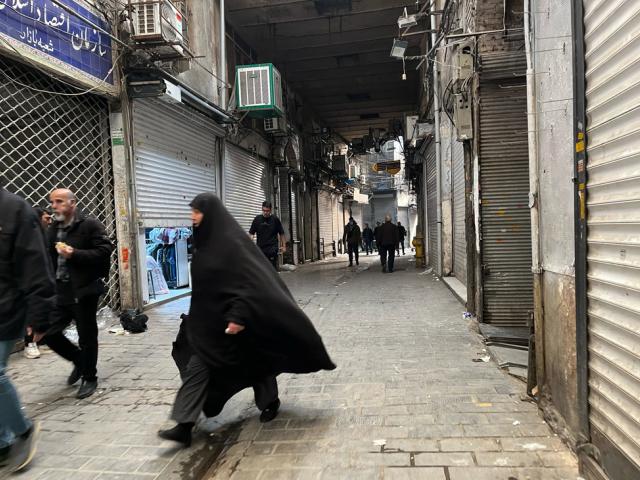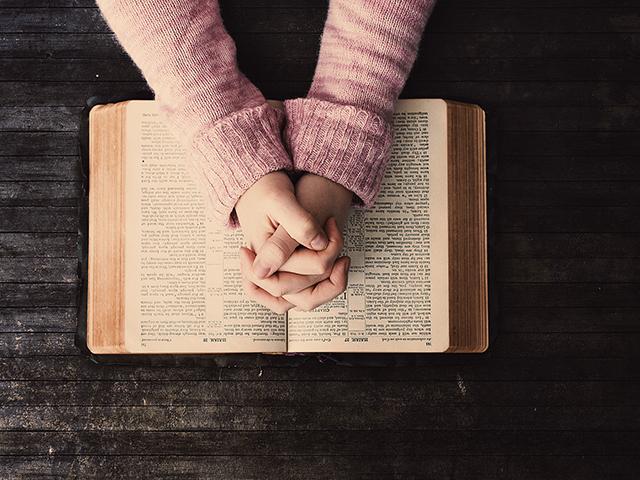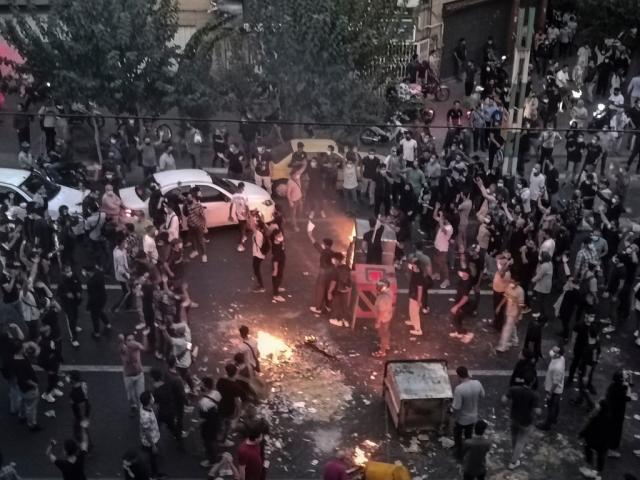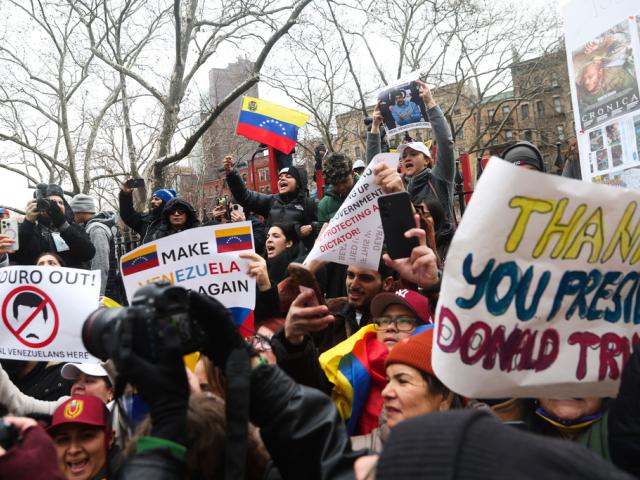More than 6,000 Israeli soldiers have sustained physical injuries in the almost two-year war against Hamas, but experts fear a second wave of trauma will hit when the shooting finally stops.
From sleepless nights to crippling flashbacks, Israeli soldiers return from combat with invisible wounds that are every bit as devastating as physical injuries. Many see post-traumatic stress as the next battlefront, and veteran-led organizations across Israel are mobilizing for what they call the "wave after the war."
"Everyone who takes their own life, everyone who is debilitated in their ability to engage with family, and friends, and society, as a result of what they witnessed, and what they experienced, is an ongoing casualty of the war Hamas began," said Robbie Brenner, Executive Director of American Friends of Israel Navy SEALs (AFINS).
And so the fight continues, not against terrorists, but despair. It's a psychological war that Israelis are no less determined to win.
"We are honored and prepared to be a part of that healing process," Brenner told CBN News.
AFINS joins with Israel's Atalef Foundation to support these traumatized vets on three main fronts: one-on-one assistance for Navy SEALs and their families, communal activities like retreats and hikes, and an outreach program called Buddy Line, which pairs SEAL volunteers with those struggling from other military units. They then get out on the water for therapeutic activities like surfing, sailing, and scuba diving.
"These programs bring them out of their homes. We connect them with individuals and broader society in a way that allows them to begin to address their post-traumatic stress and to move forward in their lives," Brenner explained.
Former Israeli Navy SEAL Gal Hacohen takes part weekly in an extreme kayaking group.
"I think that going out there on a kayak and having this sort of non-formal community, where it's not something, where I come and I need to start talking about the way my parents treated me in my childhood, the way my team did or this and that...it's more about fun, and it's about being active," Hacohen told CBN News.
Still, he says bonds are inevitably created.
"Some of the guys are a little bit older, a little bit younger, everybody has their own story. There's really a great connection that is forming in this group," said Hacohen.
He also found help in video production-based therapy, something he's now combined with his kayaking and hopes to offer others who are struggling.
"I'm filming while I'm on the kayak, so it could be a way for me to get out in the water and see and be active and use the camera. If somebody is at home depressed, and you say, 'Well, you can walk, and you can take pictures of your walk, take video of your walk,'" Hacohen explained.
Alongside the efforts of the Atalef Foundation and AFINS, another network is helping IDF veterans transform their pain into purpose.
Brothers for Life began in 2007 with a single soldier walking into a hospital room and saying to another, "I was in that bed. You will live again."
"In that moment, it was so obvious to me that he could do something for these injured soldiers that no one else on the planet could do," said Rabbi Chaim Levine, Co-Founder and President of Brothers for Life.
***Please sign up for CBN Newsletters and download the CBN News app to ensure you receive the latest updates.***
The Brothers for Life model connects a newly injured soldier with a mentor who has survived and overcome the same injury.
"This is the essence of Brothers for Life is to not just help them get their life back, but to help them dream again, and accomplish those dreams in ways that they thought they could," Levine told CBN News.
Since October 7, Brothers for Life has deployed hundreds of mentors to hospitals across Israel.
"We've had to basically garner all of our resources and say, 'We need to focus right now on the severely injured and the moderately injured,' and we're bringing them all into Brothers for Life. So we're going to triple in size. We've had 22,000 hospital visits since this war started," Levine said.
While physical injuries have been severe, he says the emotional trauma is unprecedented.
"The cruelty and barbarism of the terrorists was worse than, honestly, it was worse than the Nazi's...the soldiers who had to witness that, who tried to save these civilians, mothers, children, babies, that PTSD is like something we haven't seen before," said Levine.
Snir Pilus suffered injuries during Israel's 2014 war in Gaza. He sees those physical wounds as minor compared to the invisible battle he continues to fight.
"I was the commander, and I felt so much guilt, guilt for sending them to the battle, guilt for asking them to join me, for fighting," Pilus explained.
After being connected to Brothers for Life, he began to find healing by helping others. "Going in to a commander that's in the hospital and telling him, 'Dude, I know what you've been through. I was there. I felt the same thing about my soldiers," said Pilus.
For those living with post-traumatic stress, healing isn't a finish line, it's a lifelong battle. October 7 reopened old wounds when Pilus and thousands of other Israeli reservists once again answered the call to defend their homeland.
"The only difference in serving in this war was that in my right pocket, my wife put the pacifier of my kid," Pilus recalled.
After returning home, he feels even more determined to help advance the mission of Brothers for Life.
"I want to find more funding for these soldiers, I want to send them to the best doctors in the States, or anywhere in the globe, and I want to help them to deal with the PTSD," Pilus said.
Right now, Israel remains a country under an umbrella of trauma. One day, though, that physical battle will end, and people like these will be ready to fight for each mind and spirit affected, one connection at a time.

Did you know?
God is everywhere—even in the news. That’s why we view every news story through the lens of faith. We are committed to delivering quality independent Christian journalism you can trust. But it takes a lot of hard work, time, and money to do what we do. Help us continue to be a voice for truth in the media by supporting CBN News for as little as $1.










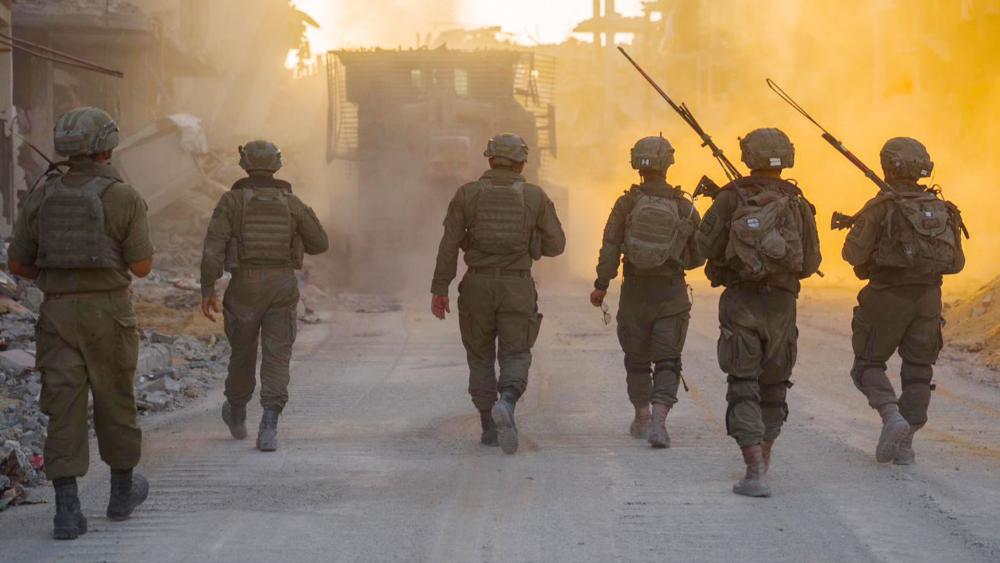
 Support CBN News
Support CBN News




